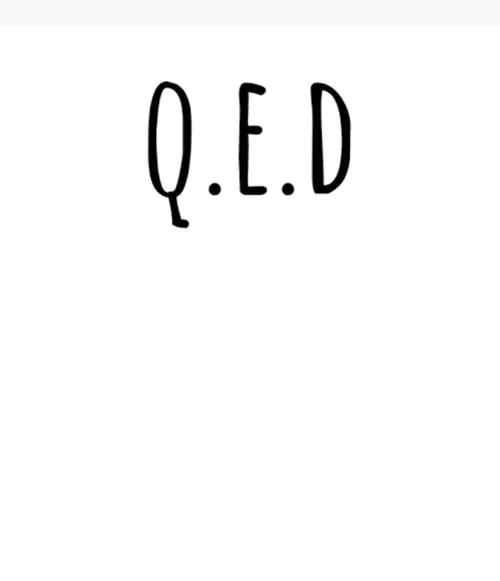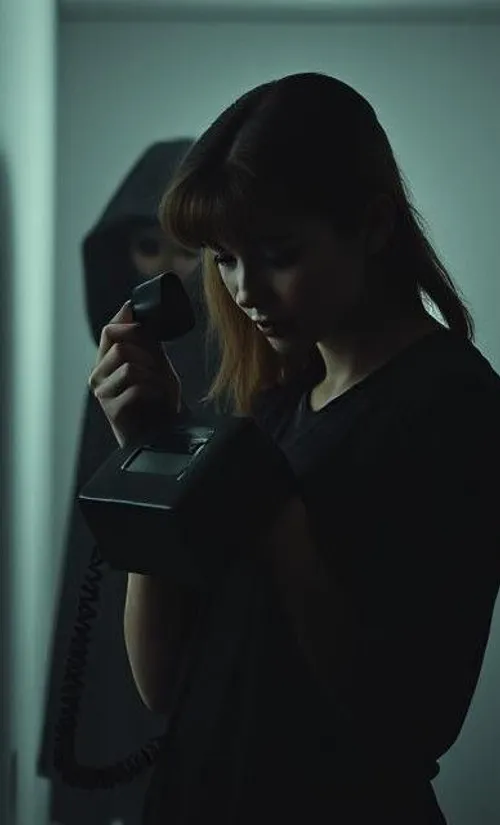"Sir, yesterday you used X as the variable, but today you use Y! Why so?" Sagar’s question made me smile. Sagar was the most mischievous student in my class, often busy texting with the phone out of sight, below the desk. When he raises a question, it’s often to tease or amuse his fellow classmates.
"What's in a name?" I retorted.
Sagar stood up to murmurs and giggles: "Shakespeare, Sir!" he grinned.
I had him exactly where I wanted. "Well ... what's in a name, eh?" The class exploded as I proved to him that variable names mean nothing, and Sagar sat down with an embarrassed smirk.
Just for the record. I teach Mathematics, not Literature.
***
Ten minutes later, I had finished finding the limit of a function where x < 0. I highlighted this by writing "If x < 0" at the top, followed by a neat line of chalk drawn down the middle of the blackboard. The portion on the right I titled ‘Otherwise’, followed by another set of steps calculating the limit when x >= 0.
I had barely turned around when Sagar stood up." Sir, I really don't understand the otherwise part-"
"It's really quite simple, Sagar! I am wise and you're otherwise." The class enjoyed the banter with another round of laughter.
Sagar remained standing, arms crossed. I ignored his stance and continued with the lecture.
***
At the end of the period, I reminded my wards of the assignment, due early next week.
"The concepts may be tough," I said, "But remember: nothing is impossible!"
As I gathered my books, Sagar called out: "Hold on, Sir. Nothing *is* possible!"
Intrigued, I stopped and faced him: "Interesting! Prove it. You are in a math class, after all!"
"Sure," he replied with a grin, "I've attended all of your lectures diligently this year, but Sir, I learnt nothing!"














This story has not been rated yet. Login to review this story.